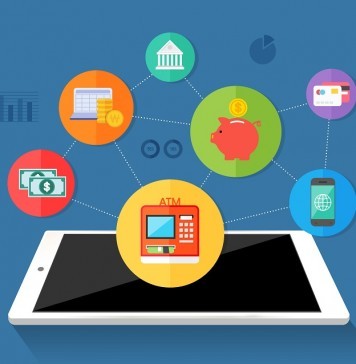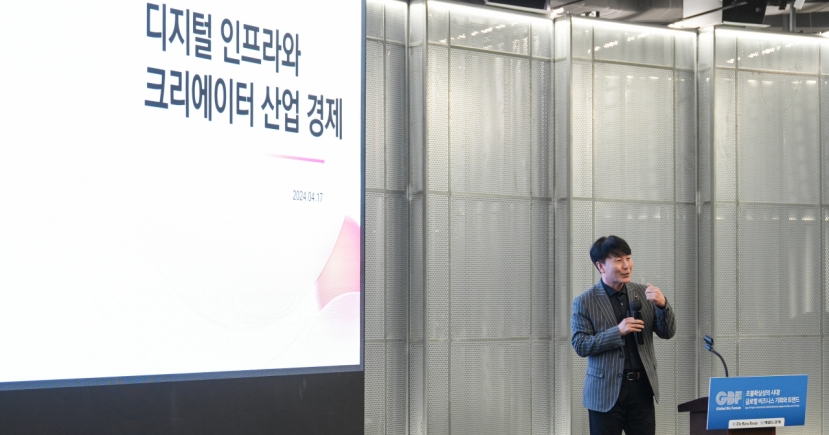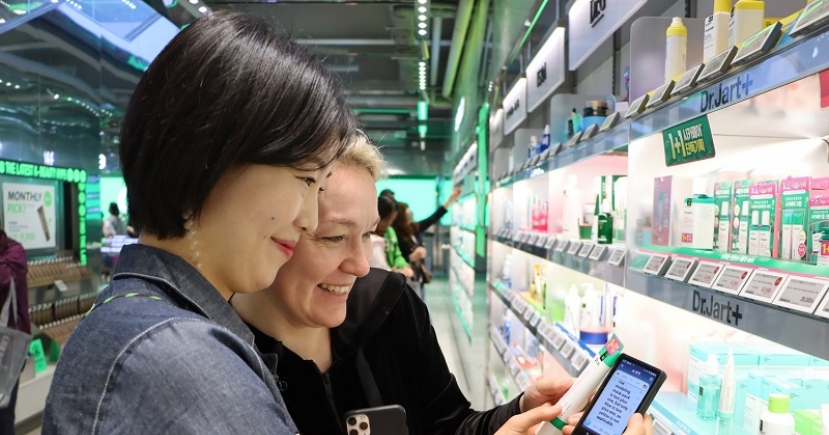Finance
Top 10 Fintech news of 2017: KorFin
[THE INVESTOR] The Korea Fintech Industry Association has announced the 10 most important news in the country’s fast-growing fintech industry.
The association also defined 2017 as the year of “fintech craze,” noting that various services have responded to the diverse demands of customers, while financial authorities supported the industry’s growth with supportive policies.
 |
Rise of Viva Republica
Korean fintech company Viva Republica was included in the top “Fintech100” companies list in 2017. At 35th place, Viva was the only Korean company in the annual report published by H2 Ventures and KPMG.
Explosion of peer-to-peer loans
Accumulated P2P loans in Korea exceeded 2 trillion won, soaring 50 times from two years ago. According to the Bank of Korea data on Nov. 14, the accumulated loans by 175 P2P lenders is estimated to stand at 2.21 trillion won (US$2.05 billion). In 2015, there were 12 lenders whose total outstanding loans reached 39.3 billion won.
Crypto Korea
Korea is one of the biggest cryptocurrency markets in the world. The trend has also triggered the so-called “Kimchi premium,” as Koreans end up paying a premium of between 15 percent to 25 percent over global prices.
Survival of internet-only banks
Korea’s two internet-only banks -- Kakao Bank and K bank -- launched earlier this year have together attracted almost 5 million users, which is about one-tenth of the entire Korean population. Conventional banks, on the other hand are struggling. Kakao Bank, a latecomer that has bloomed into a leading player, opened 4.35 million accounts in three months. The bank also attracted 4.2 trillion won worth of deposits, while extending 3.39 trillion won in loans. Meanwhile, K bank, launched in April, lured 560,000 accounts as of end-October, attracting 930 billion won in deposits and 700 billion won in loans.
Mobile payments
Mobile payment transactions via the top five mobile payment services such as Samsung Pay, Naver Pay and Kakao Pay reached 10.1 trillion won or 5.8 billion won a day on average as of end-August. In 2015, daily average mobile payment transactions stood at 27.3 billion won, rising to 41 billion won in 2016.
Fintech startups
This year, investments related to fintech businesses exceeded 100 billion won, highlighting the growing popularity of the sector. Among them are mega-deals, such as NXC, holding firm of gaming giant Nexon, buying cryptocurrency exchange Korbit for 91.25 billion won. Fintech firm Viva Republica, operator of payment service Toss, raised 55.5 billion won of funds, while cryptocurrency exchange Coinone attracted 24 billion won.
Government drive
Korea’s top financial regulator Financial Services Commission said it will inject 3 trillion won into the local fintech sector over the next three years to help startups and the related industry. It is also planning to enact a special act for allowing easier entry for online banks and fintech firms, and also relaxing related regulations.
Easier overseas remittance
The government in July gave an approval for non-traditional banks to provide international money transfer services for small amount of funds. Since then, an array of fintech firms have launched money-transfer services at a fraction of cost than traditional banks. To get a permit, a firm is required to have a paid-in capital of more than 2 billion won and a debt-to-equity ratio of under 200 percent.
Higher crowdfunding ceiling
The Korean government is planning to raise the ceiling on crowdfunding to promote related activities. Currently, firms can raise up to 700 million won, but this is expected to go up to 1 billion won. Under the revision, the general public will also be allowed to invest up to 10 million won, up from the current 5 million won.
EU’s 2nd Payment Services Directives
EU member states are set to implement PSD2 -- second payment services directives -- in January next year, which is expected to have a dramatic effect on the local payment landscape. PSD2 enables bank customers to use a third party to manage their finances, meaning Amazon or Facebook can retrieve customer information from banks with the user’s permission, thereby reducing the steps of payment.
With the EU implementation coming up, Korea may follow suit, but concerns are rising about the management of personal information.
By Park Ga-young (gypark@heraldcorp.com) and Ahn Sung-mi (sahn@heraldcorp.com)








